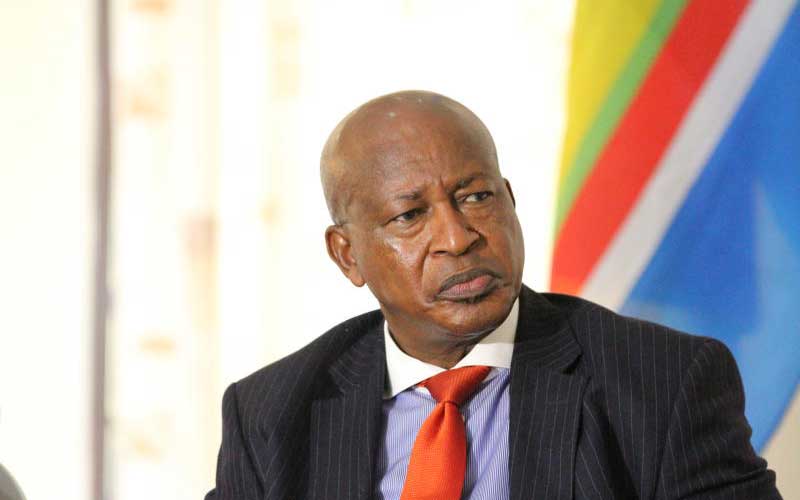×
The Standard e-Paper
Kenya’s Boldest Voice

Attorney General Kihara Kariuki. [File, Standard]
President Uhuru Kenyatta may get a fresh or longer term in office if Chief Justice David Maraga’s controversial advisory that MPs should be sent packing for not enacting the gender rule stands, the Attorney General has said.